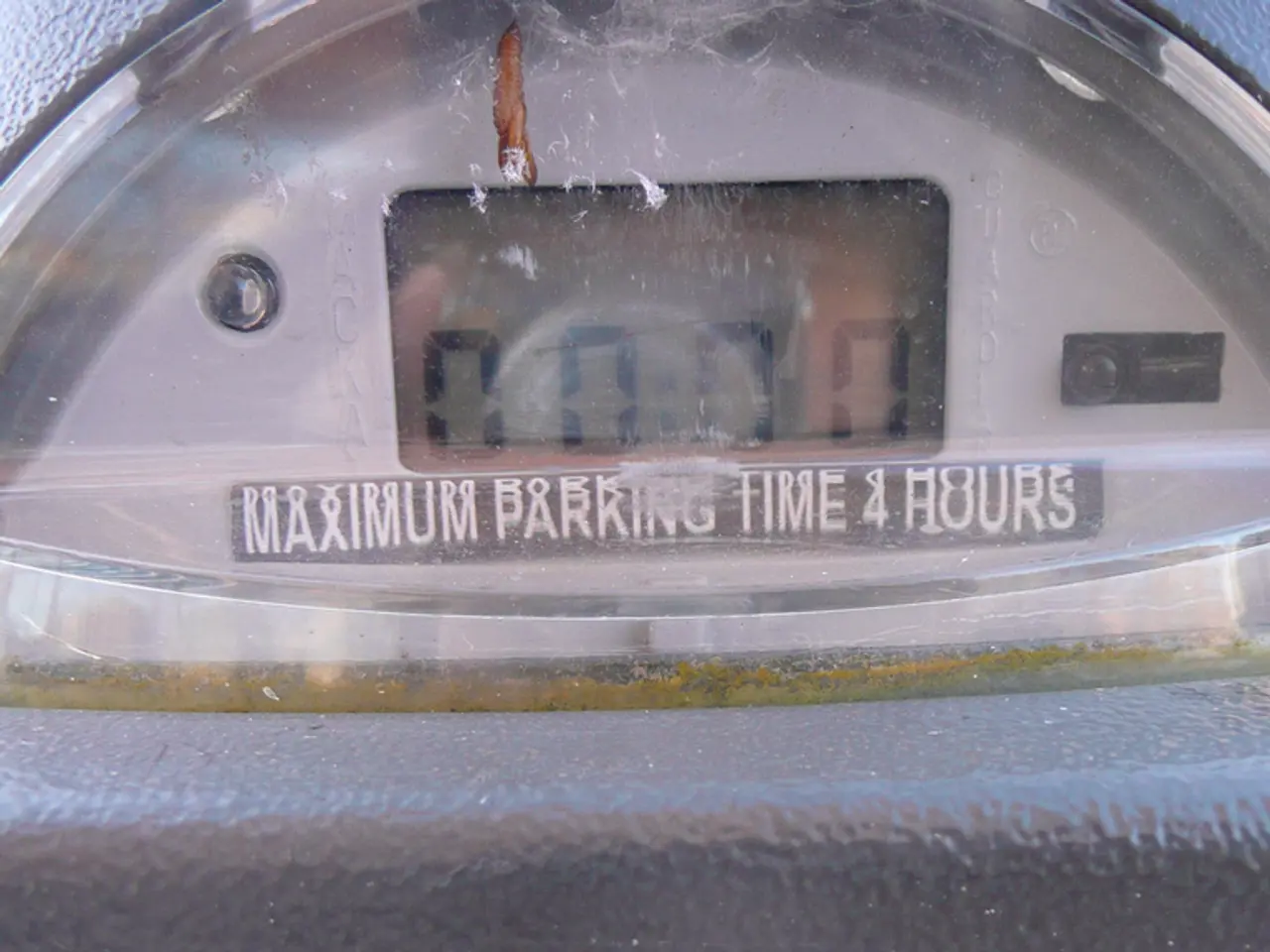Exploring Energy Security Strategies in a Carbon-Neutral Future
In a world increasingly interconnected and energy-dependent, ensuring energy security has become a paramount concern for governments and policymakers. The recent blackout in Spain, one of the most severe in recent memory, affecting over five million people, underscores the need for a comprehensive approach to energy security.
The Council of Engineers for the Energy Transition (CEET), launched under the auspices of the United Nations Secretary-General in September 2021, is at the forefront of this mission. CEET's reports have highlighted major barriers to scaling clean energy, including insufficient financing, skills gaps, fragmented regulation, and the absence of common technical standards across countries.
Energy security is defined as the continuous availability of energy in varied forms, in sufficient quantities, and at affordable prices. To achieve this, key strategies include diversifying energy supply and sources, expanding and modernizing energy infrastructure, promoting energy transition and sustainable technologies, enhancing energy accessibility and affordability, strengthening supply chain and industrial resilience, and supporting policies for security and sustainability.
Diversifying energy supply and sources involves expanding and securing a broad mix of energy sources, including natural gas, renewables, nuclear, and oil, to reduce dependence on single suppliers or technologies. This also involves increasing domestic production and developing multilateral agreements to secure critical minerals and materials essential for energy infrastructure.
Expanding and modernizing energy infrastructure is crucial for resilience and efficiency, ensuring uninterrupted delivery and quick recovery from disruptions caused by geopolitical conflicts or natural disasters. Policies that prioritize equitable access and affordability through energy subsidies, market regulation, and innovation that drives cost reductions, such as improving energy efficiency and technology adoption, are also essential.
Promoting energy transition and sustainable technologies accelerates clean energy adoption and innovation to align with sustainability goals while supporting economic growth. Countries like Sweden and UAE show how policy support and international cooperation can enhance security by reducing fossil fuel reliance. Investments in clean energy are critical for long-term availability and acceptability given climate concerns.
Strengthening supply chain and industrial resilience protects critical supply chains for minerals, manufacturing, and technology to reduce vulnerability from foreign interference or geopolitical tensions. Supporting policies for security and sustainability encourages governments to adopt integrated policies that balance stability, cost, and environmental acceptability, promoting energy awareness, and supporting clean choices at the consumer level to shape demand sustainably.
The blackout in Spain revealed vulnerabilities in the availability of energy, accessibility of the grid, and acceptability of the energy system. The causes of the blackout were detailed by the Council of Ministers of Spain, the International Energy Agency, and the European Network of Transmission System Operators for Electricity. The blackout was triggered by a technical fault on a high-voltage transmission line during peak demand and low renewable output.
Public engagement and equitable access must remain at the heart of energy policy. Energy security is evolving, requiring a lens of climate goals and technological change for interpreting the Four As - availability, accessibility, affordability, and acceptability. Renewable energy sources are central to the global energy transition, reducing dependence on imported fossil fuels and allowing countries to tap into domestic, low-carbon resources.
Dr. Phoebe Koundouri, a professor at the Athens University of Economics and Business and the University of Cambridge, and a member of the UN Council of Engineers for the Energy Transition, emphasizes the need for a multi-dimensional approach that includes domestic resource development, international cooperation, infrastructure modernization, clean energy transition, and policies ensuring both economic and environmental viability.
In conclusion, enhancing energy security today requires a holistic approach that addresses the complex challenges of a changing world. By focusing on the Four As - availability, accessibility, affordability, and acceptability - and implementing strategies such as diversifying energy sources, modernizing infrastructure, promoting clean energy, and strengthening supply chain resilience, we can ensure a secure and sustainable energy future for all.
- The need for a comprehensive approach to energy security is evident, as shown by the recent blackout in Spain.
- CEET, established under the United Nations, is leading the mission for energy security and transition.
- They've highlighted major obstacles to scaling clean energy, such as insufficient financing and fragmented regulation.
- Energy security encompasses the continuous availability of varied forms of energy in sufficient quantities and at affordable prices.
- Key strategies include diversifying energy supply, expanding and modernizing infrastructure, and promoting renewable energy.
- Diversification includes securing a broad mix of energy sources, including natural gas, renewables, nuclear, and oil.
- Public engagement and equitable access should be at the core of energy policies, as energy security evolves with climate goals and technological change.
- Professor Phoebe Koundouri stresses the importance of a multi-dimensional approach for energy security, including domestic resource development and international cooperation.
- Renewable energy sources, central to the global energy transition, help reduce dependence on imported fossil fuels and tap into domestic, low-carbon resources.
- Net zero, clean energy, and sustainability are crucial components of the energy transition, aligned with the Sustainable Development Goals (SDGs) of the United Nations.
- Climate-change concerns necessitate investments in clean energy for long-term availability and acceptability.
- In the midst of energy transition, various sectors, such as industry, environmental-science, finance, energy, lifestyle, fashion-and-beauty, food-and-drink, and home-and-garden, play significant roles.
- Strategies for energy security and sustainability extend to business, data-and-cloud-computing, technology, relationships, travel, education-and-self-development, and personal-growth.
- Career-development, learning, sports, and sports-betting can also contribute to fostering awareness and shaping demand for sustainable energy practices.
- Weather patterns and climate-change events might further emphasize the urgency for a secure and sustainable energy future, making it essential to prioritize energy security in the coming years.




